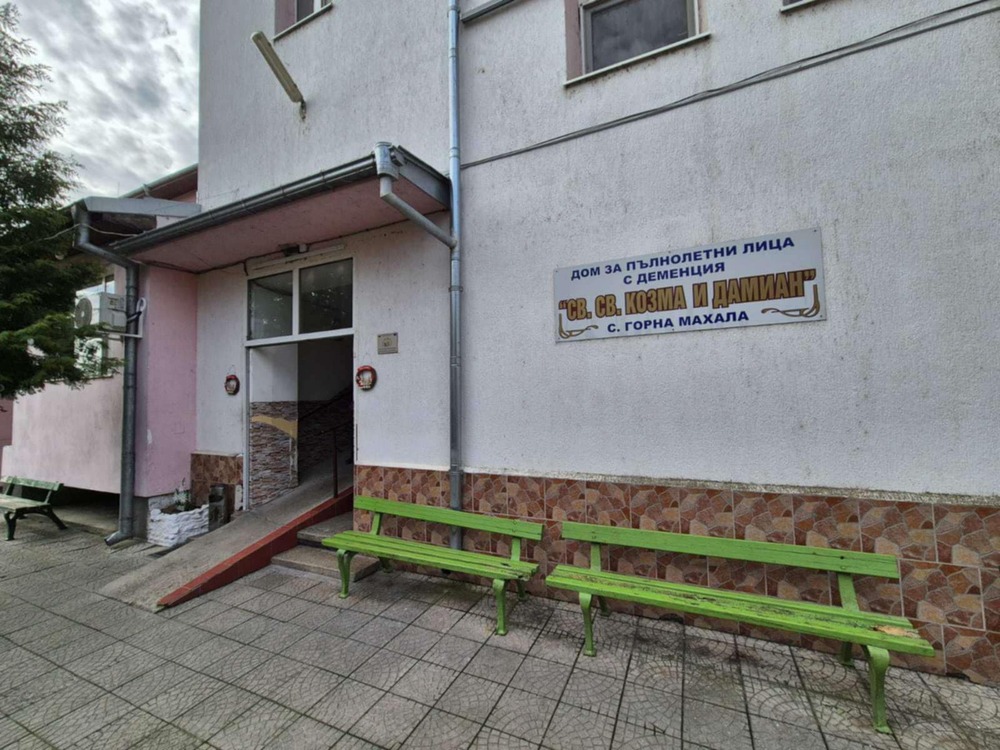site.btaNew Survey Shows Dementia Affects 1 in 7 Bulgarian Households, Reveals Lack of Diagnosis and Treatment


A new health survey shows that dementia affects 1 in 7 Bulgarian households and reveals lack of diagnosis and treatment, said the Alzheimer Bulgaria Civil Association on Friday. Within the framework of the regular national representative survey, titled “Omnibus for the Health of Bulgarians”, conducted by Market LINKS in April 2025, for the first time questions related to the spread of dementia were included.
This initiative was implemented at the suggestion and with the assistance of the Alzheimer Bulgaria Civil Association, in order to provide a clear picture of the scale of this growing health and social problem in the country. The survey was conducted according to established methodological standards among a nationally representative sample of 1,000 respondents aged 18+, through standardized interviews.
Only 0.2% of respondents stated that they personally suffer from dementia. At the same time, as many as 14.4% of Bulgarians have a loved one diagnosed with or with clear symptoms of dementia. Some 89% of affected loved ones are over 60 years old, with an average age of 75 years.
Who takes care of people with dementia? In 55% of cases, care is provided at home, without institutional support. Only 7% of those affected are accommodated in specialized health facilities.
In 39% of cases, the disease is not treated at all, and in 32% there is no diagnosis despite the presence of symptoms.
These data clearly highlight the lack of systematic care and support for people with dementia in the country. Despite the alarming forecasts for the aging population, Bulgaria still does not have a national strategy to address this growing health and social problem.
The results of the study should be used as a basis for an in-depth analysis of the problem and the needs of those suffering from the disease and their relatives who care for them, as well as for the development of long-term policies that would guarantee earlier diagnosis, adequate treatment and support for patients and their families, commented Alzheimer Bulgaria.
/DT/
news.modal.header
news.modal.text